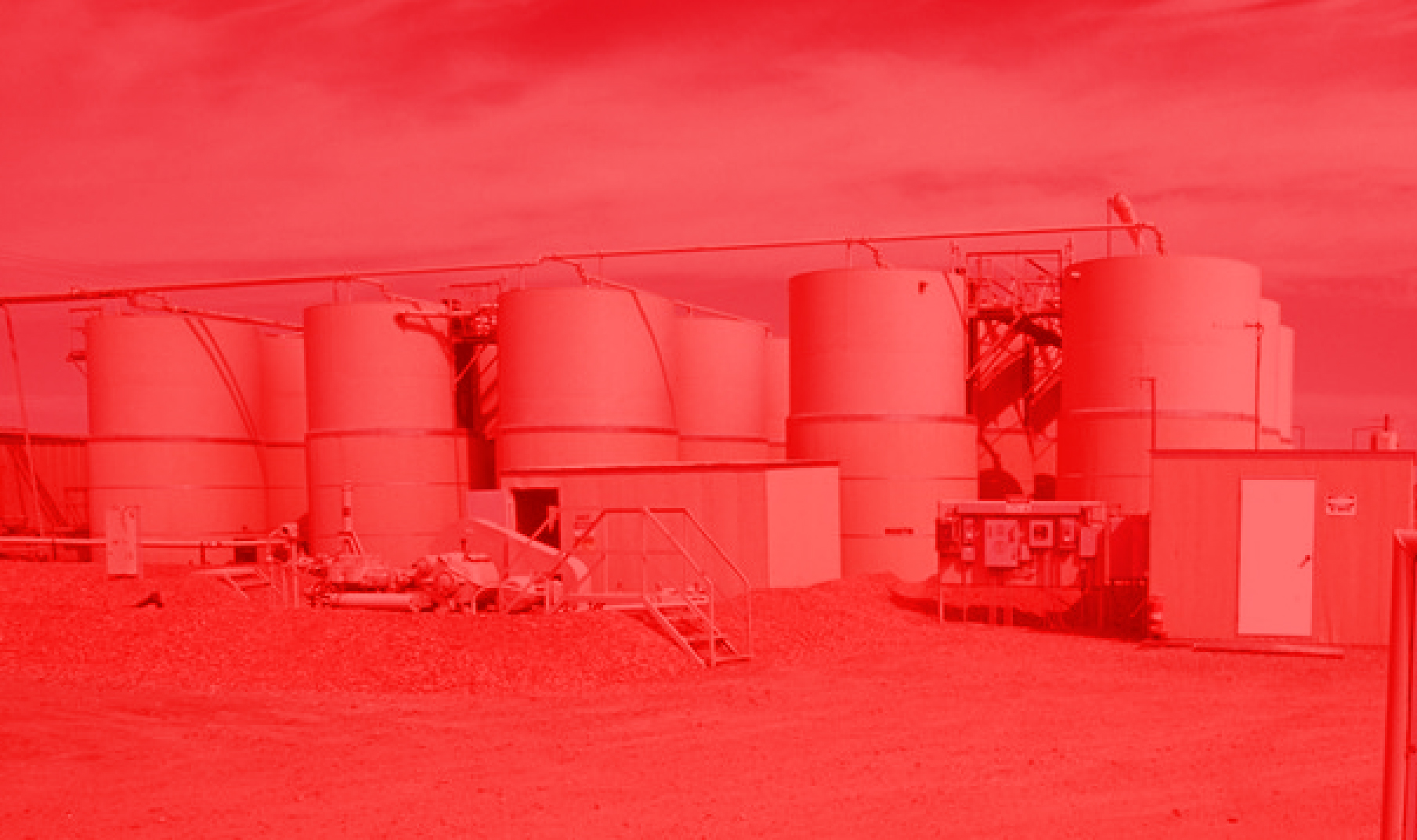Production/Facilities Operations
Production refers to the process of extracting hydrocarbons from reservoirs and bringing them to the surface for processing and distribution. This process involves a complex set of operations and technologies, including drilling, completion, stimulation, and production optimization.
The first step in production is drilling, which involves the use of a drilling rig to create a hole in the ground to reach the reservoir. Once the well is drilled, it must be completed by installing casing and cementing it in place to protect the wellbore and prevent contamination of the surrounding formations.
Stimulation techniques such as hydraulic fracturing may be employed to increase the flow of oil and gas from the reservoir. Once the well is completed, it is connected to a production facility that separates the hydrocarbons from any other substances, such as water and natural gas, and prepares them for transport.
Production optimization is a critical component of oil and gas production, as it involves maximizing the amount of oil and gas recovered from the reservoir while minimizing costs and environmental impact. This may involve advanced monitoring and control technologies, such as sensors and artificial intelligence, to optimize production rates and manage reservoir pressure.
Overall, production is a complex and essential process in the oil and gas industry, requiring a high degree of technical expertise and innovation to ensure the efficient and sustainable extraction of hydrocarbons.


